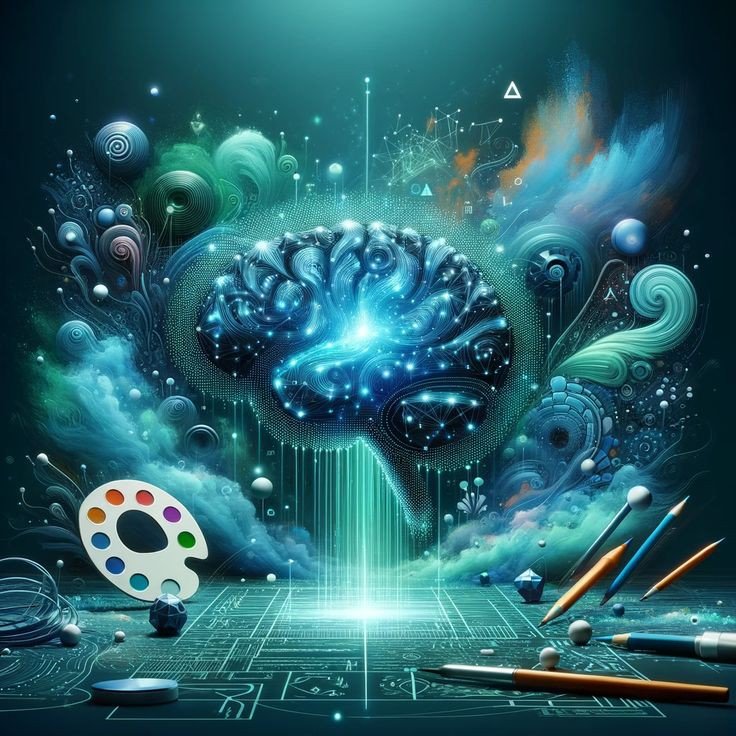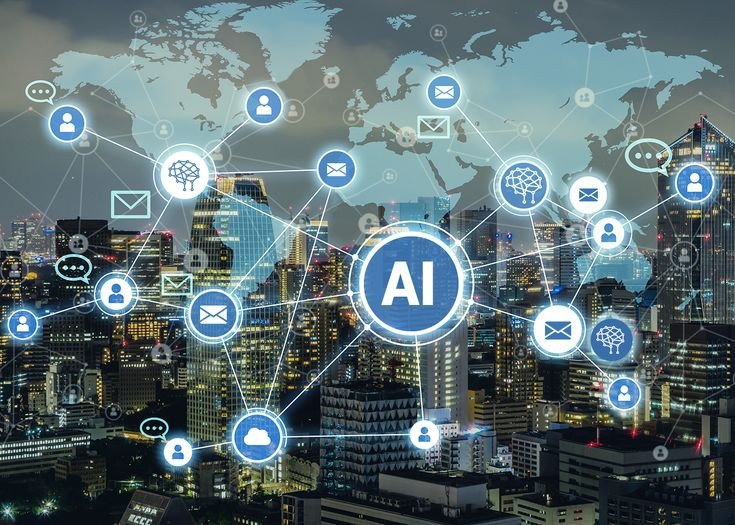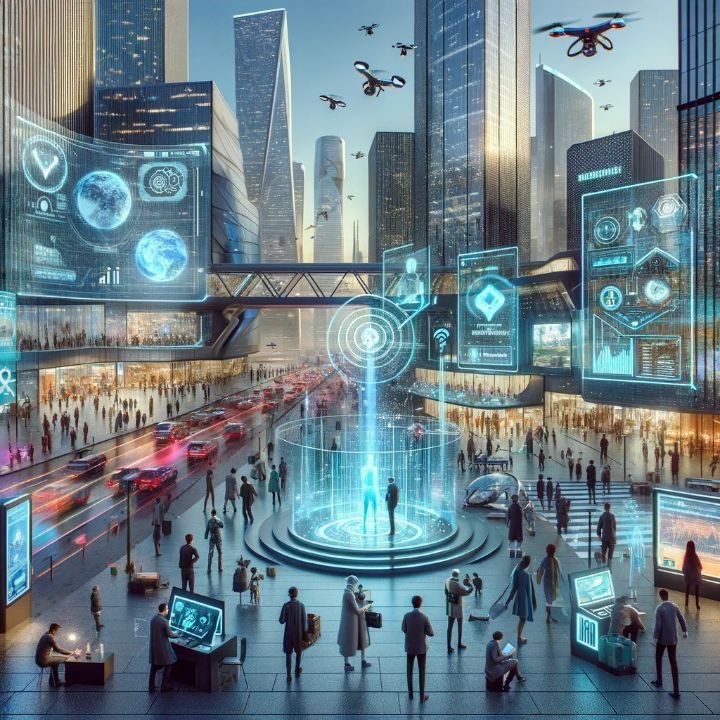Artificial Intelligence
Artificial Intelligence (AI) has completely transformed the world of computing, making machines smarter and more capable than ever before. AI refers to the ability of machines to perform tasks that typically require human intelligence, such as learning, problem-solving, and decision-making. This has had a profound impact on various aspects of computing, from software development to data analysis and beyond.
IN THE WORLD OF ARTIFICIAL INTELLIGENCE, EVERY PROBLEM IS AN OPPORTUNITY FOR A SMARTER SOLUTION
One of the significant impacts of AI on computing is in automation. AI-powered systems can automate repetitive tasks, freeing up human workers to focus on more complex and creative endeavors. For example, in software development, AI tools can automatically generate code, detect bugs, and optimize performance, reducing the time and effort required to build and maintain software applications.
AI has also revolutionized data analysis. With the ability to process and analyze large volumes of data quickly and accurately, AI systems can uncover valuable insights and patterns that humans might overlook. This has led to advancements in areas like predictive analytics, personalized recommendations, and fraud detection.
Furthermore, AI has improved the user experience in computing. Virtual assistants like Siri, Alexa, and Google Assistant leverage AI to understand and respond to user commands, making interactions with devices more natural and intuitive. AI-powered chatbots are also used in customer service, providing instant assistance and support to users.
In addition to these practical applications, AI has spurred innovation in hardware development. Specialized hardware such as graphics processing units (GPUs) and tensor processing units (TPUs) have been designed to accelerate AI computations, making AI algorithms run faster and more efficiently.
However, AI also poses challenges and considerations. One concern is the ethical use of AI, including issues related to privacy, bias, and job displacement. As AI systems become more integrated into daily life, ensuring fairness, transparency, and accountability is crucial.
Despite these challenges, the impact of AI on computing continues to be profound and far-reaching. It has opened up new possibilities and opportunities across various industries, from healthcare and finance to transportation and entertainment. As AI technologies evolve and improve, their influence on computing will only grow, shaping the future of technology in exciting ways.







